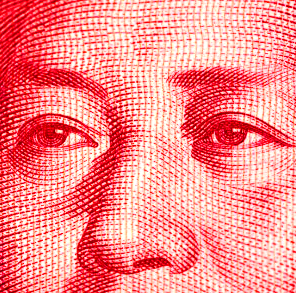China looks to boost future by re-thinking today
 A recent conference has heard of a shift in China, re-tooling its education sector to produce science and technology to fuel the future.
A recent conference has heard of a shift in China, re-tooling its education sector to produce science and technology to fuel the future.
A speech by Denis Simon, an expert on international development, said China will need to come around more to the Western way of operating, but also maintain its individuality.
Maintaining stability in the face of rapid change and growth, actively partaking in cooperative global science and technology efforts, and lifting more of its population out of poverty will be key, he said.
One of the world's leading experts on science, technology and innovation in China, Dr Simon, said cross-border science and technology collaboration is allowing China to have a greater voice and more influence in setting the global agenda.
“In the past, China shared asymmetrical relationships with most countries, especially from the West,” said Simon.
“When it came to science and technology cooperation, it was often simply the recipient of technologies as part of a very hierarchical relationship.
“In today's world of globally-oriented knowledge networks, we are seeing China shift away from the traditional unilateral patterns of technology transfer to establishing more bilateral, mutually beneficial patterns by strengthening its domestic innovation system.
“Chinese officials now understand that to get technology, you increasingly have to have some technology and related capabilities.”
At the same conference in Arizona; Cao Cong, a faculty member from the University of Nottingham said more than 1.4 million Chinese citizens living or working abroad had returned to China by the end of 2013.
He noted that most returnees have focused on building institutions supporting science and technology, as well as on efforts to improve the management and funding of research and development activities.
The Chinese government has systematically supported the return of its talented citizens by launching programs like The Thousand Young Talent program and the Chang Jiang Scholars Program.
“However, there are a few emerging concerns,” said Cao.
“Researchers from China and abroad are carefully watching the role of the Chinese government in determining research productivity and culture. They are also paying close attention to China's short term versus long term research goals, the accountability of the scientific community to the public and political leadership, and the role returnees will play in pursuing excellence in research versus challenging the current system.”
The Chinese government has a distinct roadmap for a science and technology-based future.
Li Xin of the Ministry of Science and Technology of China recently commented on global science and technology issues, saying; “We are not only part of the problem, but we are part of the solution too.”







 Print
Print